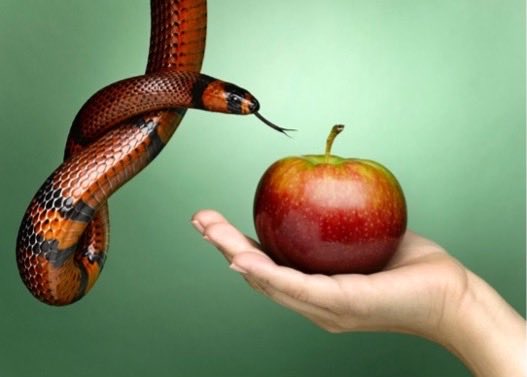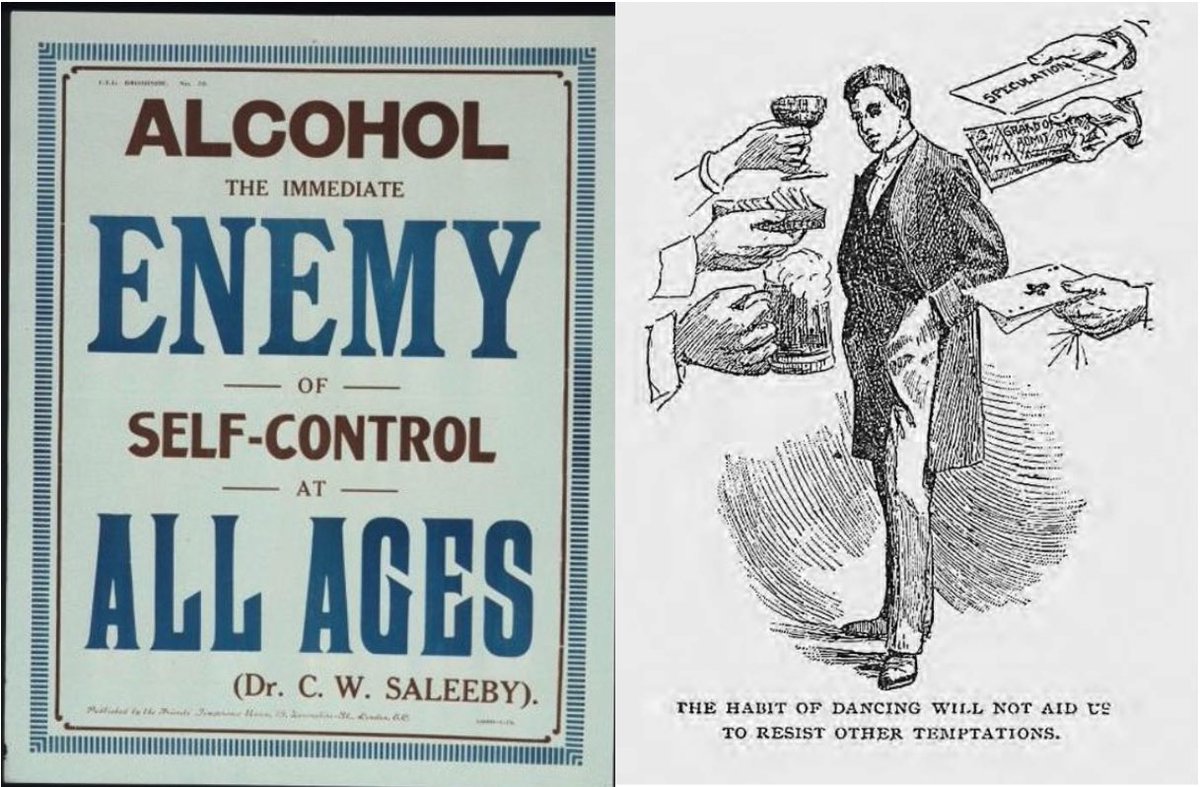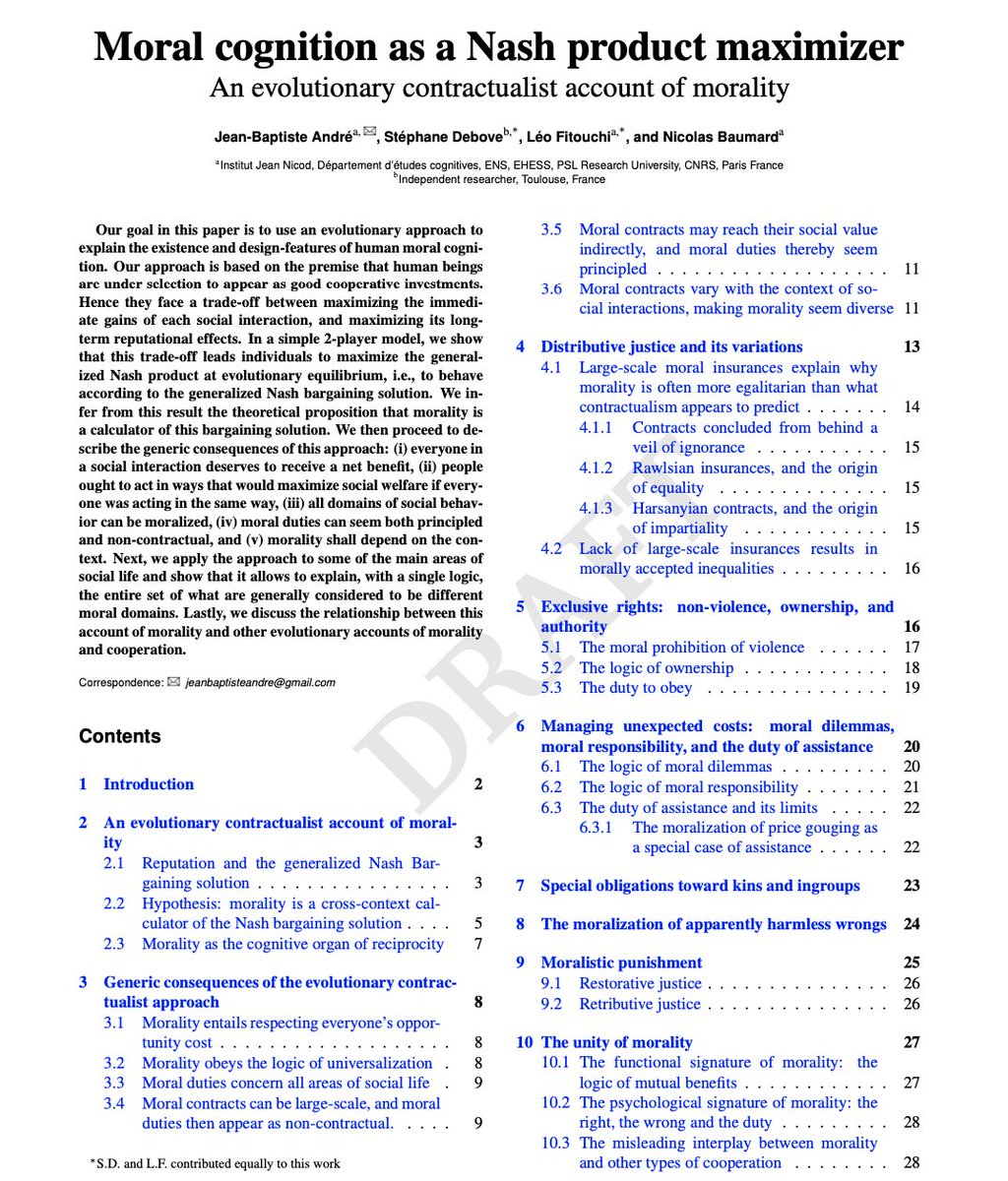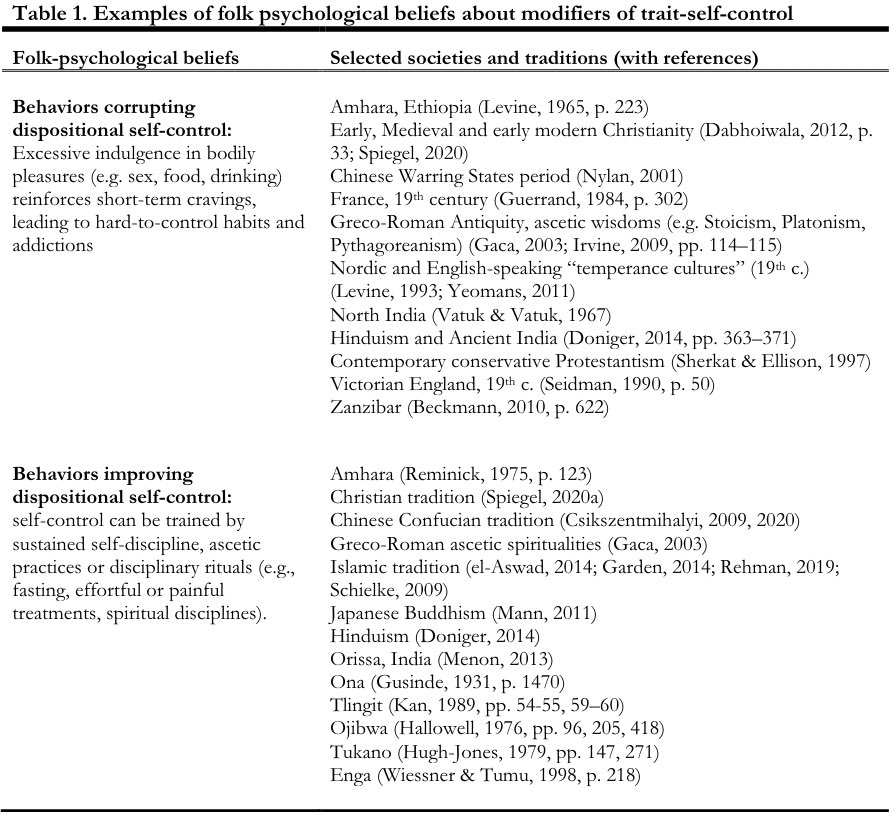
Léo Fitouchi@LFitouchi
Sep 23, 2022
12 tweets
Why do people moralize harmless pleasures, e.g. drugs, gluttony, masturbation, & lack of self-control? In our new @Behav. Brain. Sci. target article, we argue that cooperation-based theories of morality can explain these Purity values.
 w/@Jean-Baptiste André&NBaumard
tinyurl.com/53xm24ax
w/@Jean-Baptiste André&NBaumard
tinyurl.com/53xm24ax
 w/@Jean-Baptiste André&NBaumard
tinyurl.com/53xm24ax
w/@Jean-Baptiste André&NBaumard
tinyurl.com/53xm24axIn many societies, morality is not just about harm, fairness, or loyalty. It’s also about temperance, chastity, & piety. Even when nobody is harmed, it’s wrong to indulge in base impulses of lust, gluttony, alcohol, dance, or lax religious observance. Why?
These values seem to contradict theories that morality evolved only for cooperation. According to many psychologists, if harmless behaviors can be moralized, then some parts of moral cognition must be independent of cooperation.
A famous candidate is disgust. People would moralize bodily pleasures because they find them disgusting—a reaction evolved for pathogen-avoidance, not cooperation. We discuss limits of this view, & propose a cooperation-based theory of puritanism. Our argument in brief:
1.People perceive that cooperation requires self-control. Refraining from violence, adultery, or free-riding, can require resisting temptations. This makes evolutionary sense: cooperating requires paying *immediate* costs to secure *delayed* benefits (from reciprocity/reputation)
2. Yet people perceive, not only that cooperation requires self-control, but also that some behaviors alter self-control. Alcohol & drugs, overindulgence in food & sex, as well as immodest clothing & dances, are believed to impede people’s ability to resist temptations.
Although inherently harmless, thus, hedonic ‘excesses’ are believed to indirectly cause antisocial behaviors—by decreasing self-control. If you masturbate, puritans believe, you’ll become addict to sex; yet inability to control sexual urges could breed adultery or rape.
3. Harmless bodily pleasures, then, are naturally tagged as wrong by cognitive systems condemning threats to cooperation. Puritanical moral judgements, we argue, obey the same logic as the rest of morality—that of contractualist obligations:
twitter.com/jbaptistandre/…

Jean-Baptiste André@jbaptistandre
Jun 17 22
View on Twitter
What is the adaptive function of morality? Do all moral judgements obey a single logic? In this new preprint, we argue that morality evolved to maximize Nash-products—& that this explains moral intuitions across domains
psyarxiv.com/2hxgu
w/@Stéphane Debove @Léo Fitouchi N Baumard


On the praise side, people morally value technologies of self-discipline, such as fasting, meditation, and rigorous habits, because they perceive them—potentially wrongly—to cultivate self-control.
Besides reviewing evidence for this account, we discuss the cultural evolution of norms, the fall of puritanism in WEIRD societies, the moralization of mental states, the origins of hygiene norms…
Here’s the preprint to find out more!
psyarxiv.com/2stcv/
In sum, the plurality of moral cultures does not imply a plurality of moral cognitive systems. The same moral computations, when fed by different informational inputs, deliver diverse moral judgements—even of seemingly harmless behaviors.
You think it’s more about disgust? Or self-interested sexual strategies? Or person-centered judgements? That morality is plural, or rather unified? Don’t hesitate to comment: The call for commentaries will be sent soon!
We look very much forward to a productive BBS discussion!

Léo Fitouchi
@LFitouchi
PhD candidate in cognitive & evolutionary social science, at @ENS_ULM & @InstitutNicod in Paris. Morality, social norms, religion.
Missing some tweets in this thread? Or failed to load images or videos? You can try to .








